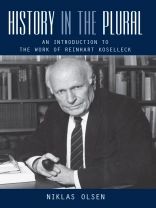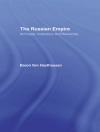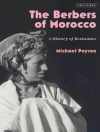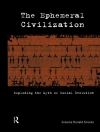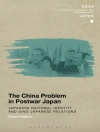Reinhart Koselleck (1923–2006) was one of most imposing and influential European intellectual historians in the twentieth century. Constantly probing and transgressing the boundaries of mainstream historical writing, he created numerous highly innovative approaches, absorbing influences from other academic disciplines as represented in the work of philosophers and political thinkers like Hans Georg Gadamer and Carl Schmitt and that of internationally renowned scholars such as Hayden White, Michel Foucault, and Quentin Skinner. An advocate of “grand theory, ” Koselleck was an inspiration to many scholars and helped move the discipline into new directions (such as conceptual history, theories of historical times and memory) and across disciplinary and national boundaries. He thus achieved a degree of international fame that was unusual for a German historian after 1945. This book not only presents the life and work of a “great thinker” and European intellectual, it also contributes to our understanding of complex theoretical and methodological issues in the cultural sciences and to our knowledge of the history of political, historical, and cultural thought in Germany from the 1950s to the present.
Cuprins
Acknowledgements
Introduction
Chapter 1. Family – war – university: the various educations of Reinhart Koselleck
Chapter 2. Explaining, criticizing and revising modern political thought
Chapter 3. Social history between reform and revolution
Chapter 4. Program – project – straight jacket: the Geschichtliche Grundbegriffe
Chapter 5. Theorizing historical time and historical writing
Chapter 6. Commemorating the dead: experience, understanding, identity
Chapter 7. The foundations and the future of Koselleck’s scholarly program
Bibliography
Index
Despre autor
Niklas Olsen received his Ph D in History from the European University Institute in Florence. He is currently a postdoctoral fellow at the University of Copenhagen working on a project on the variants of liberalism in Denmark and Western Europe, 1945–1990.
